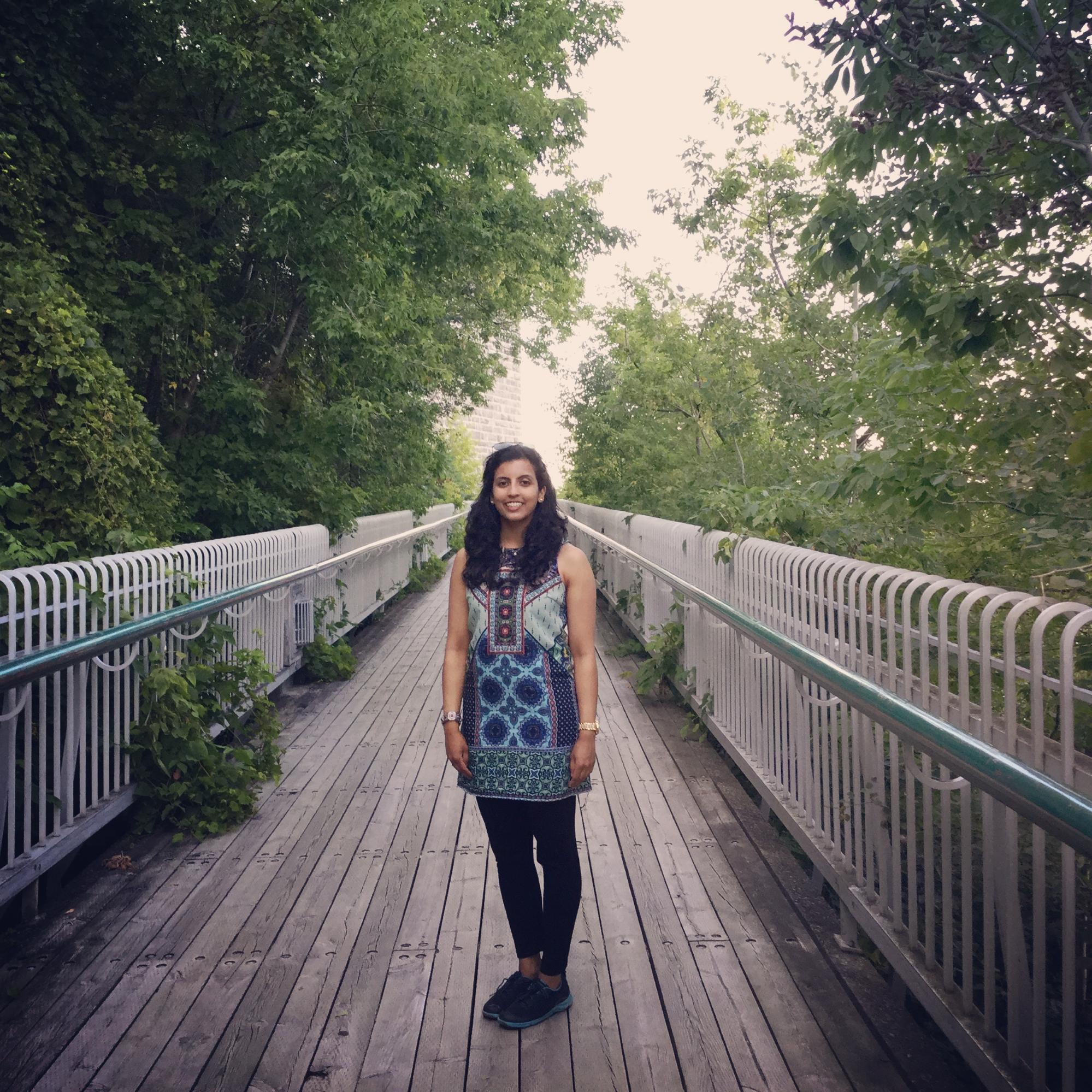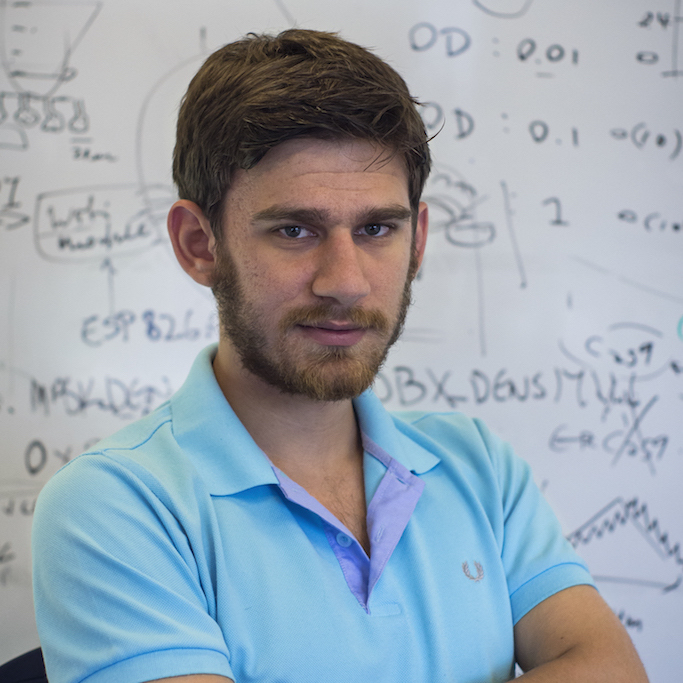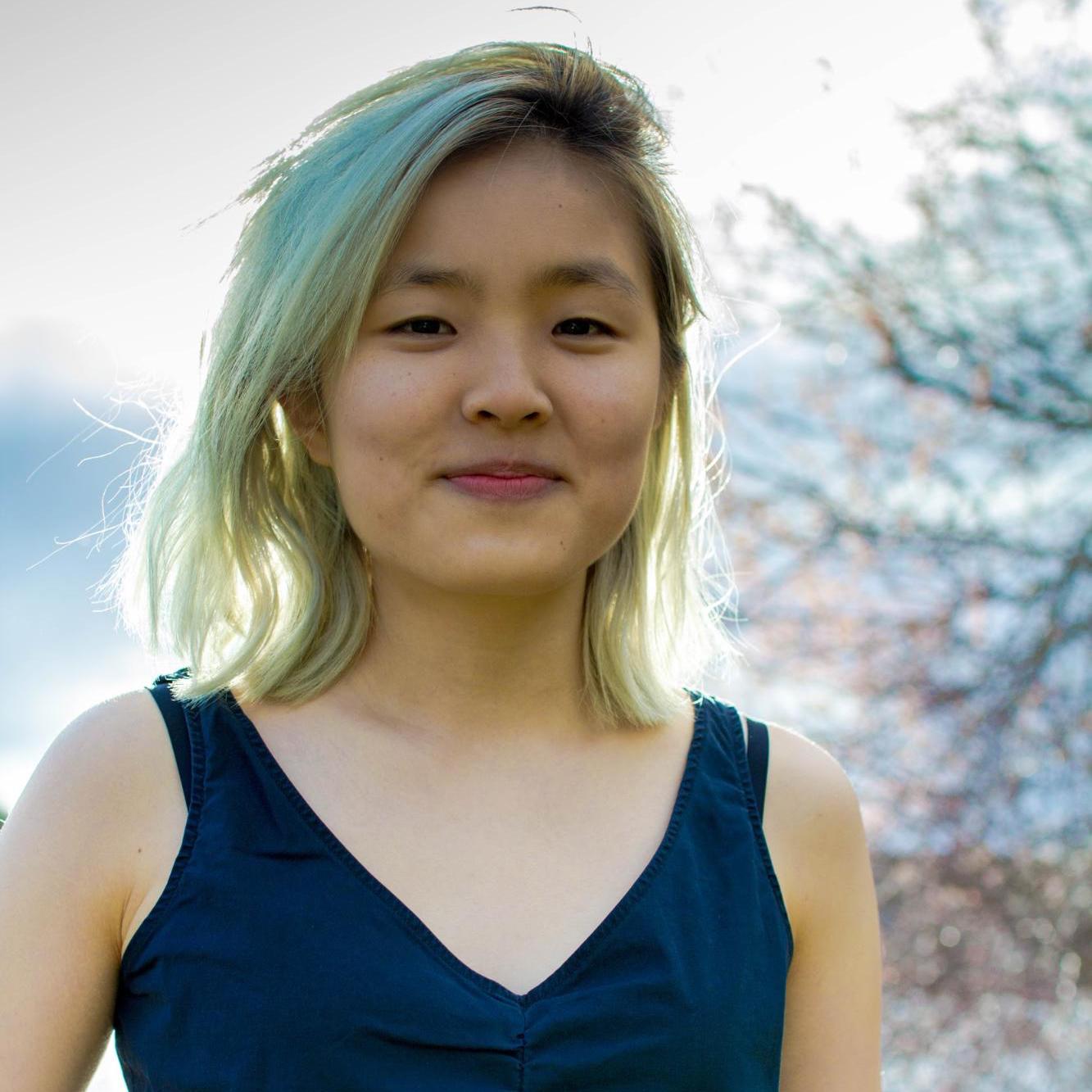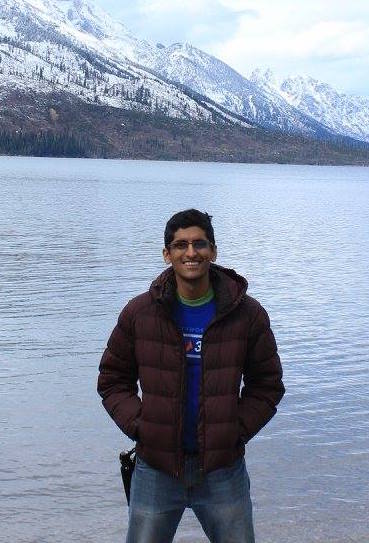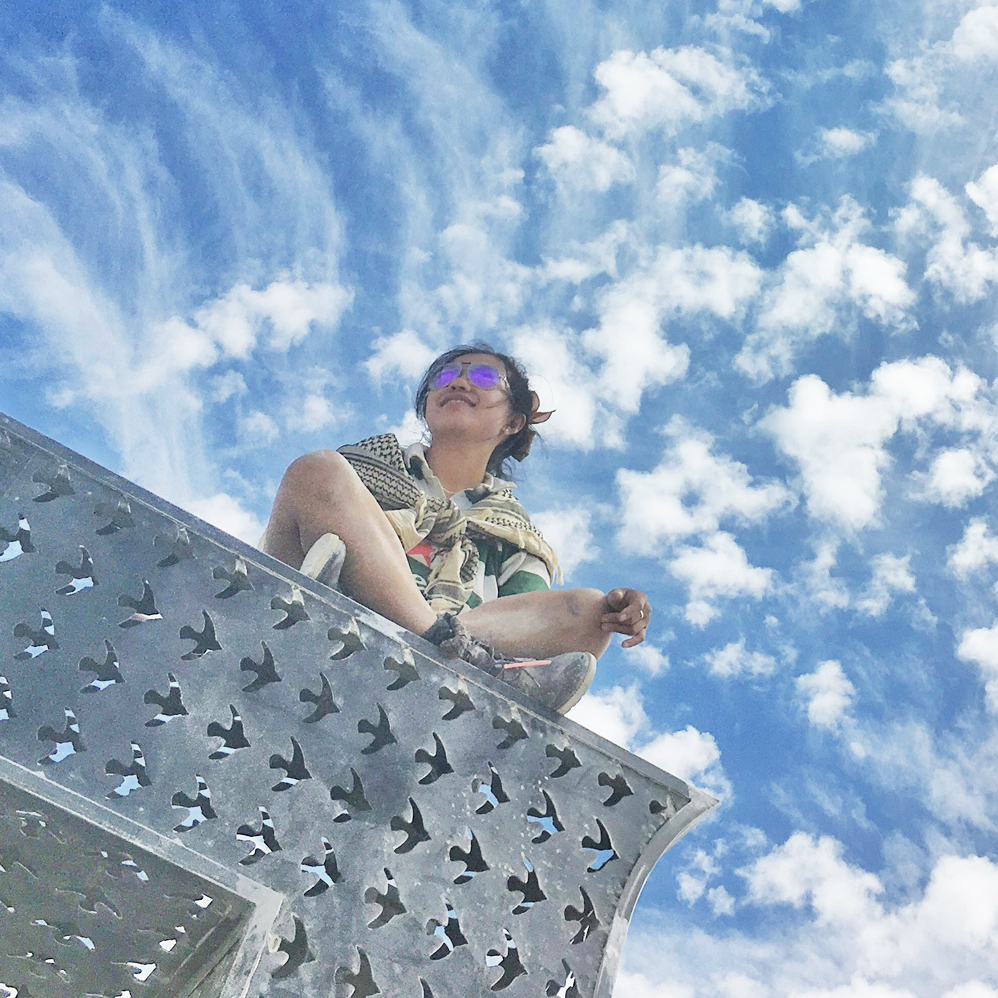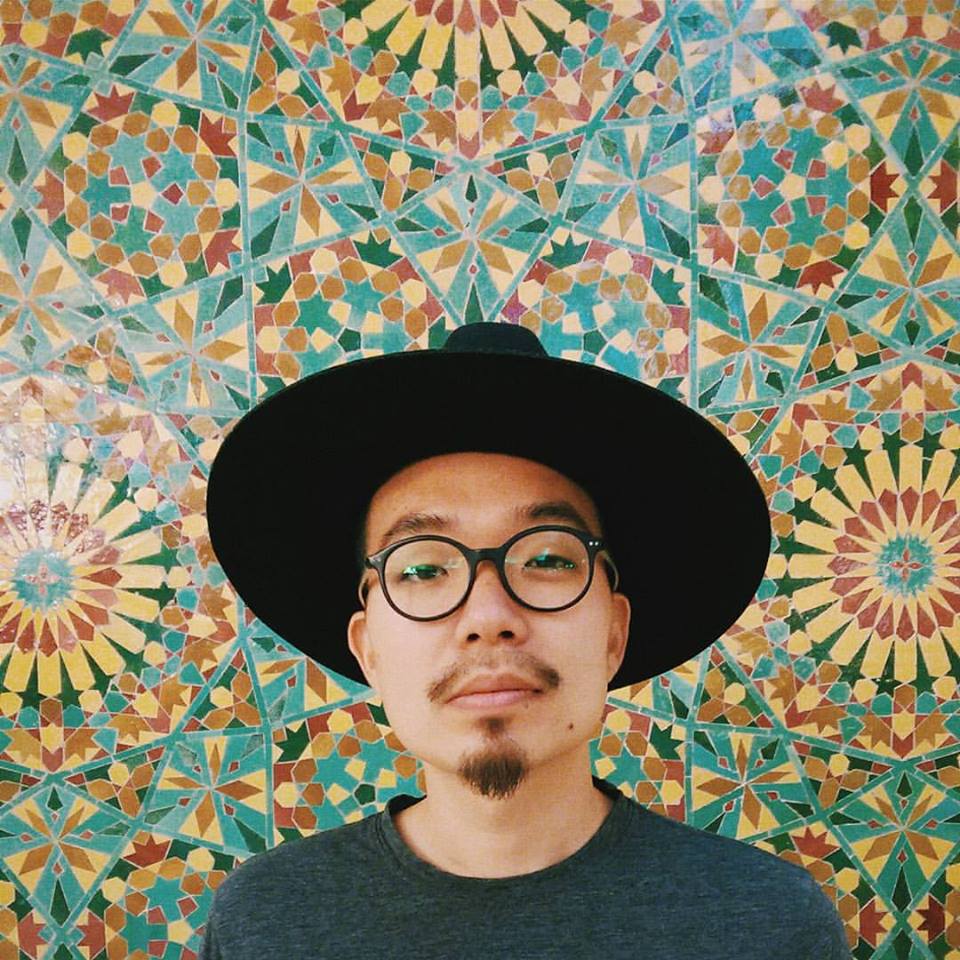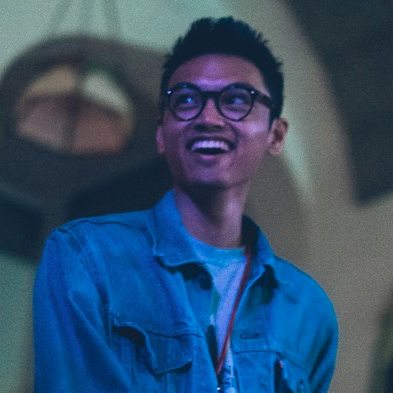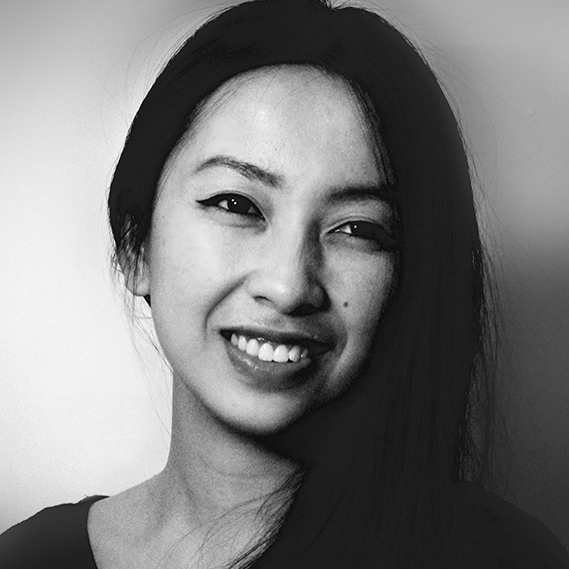EMW Street Bio
Biology is humanity’s next technology revolution. The ability to re-engineer life on our planet has profound implications, from reshaping how we produce the medicine, materials, and energy we depend on, to augmenting humankind itself. Yet, the infrastructure for biological engineering, from organism design tools to DNA assembly to organism implementation, is nascent and largely confined to the laboratories of academia and corporations. Thus, we have an incredible opportunity, as the infrastructure for our bio-economy is being constructed, to move biological technologies from ivory towers and corporations to the street—to the youth, to the misfits at the edges of culture, to the communities that never dreamed of biology as a medium for creative expression.
Although Cambridge is an international hub for biotech, there is a disconnect between the science and the public. With Street Bio at EMW (East Meets West - a hub for technology, arts, and activism), we explore the interface between engineered biology and the street—the people, culture, and products that will shape how biology leaves the lab and enters our everyday lives. The concept was conceived in Summer 2015 by Dr. David Kong, a graduate of the MIT Media Lab who currently conducts synthetic biology, microfluidics, and digital fabrication research at MIT’s Lincoln Laboratory. Over the year students and professionals have joined the movement to create a biohacking space that was much needed in Cambridge.

